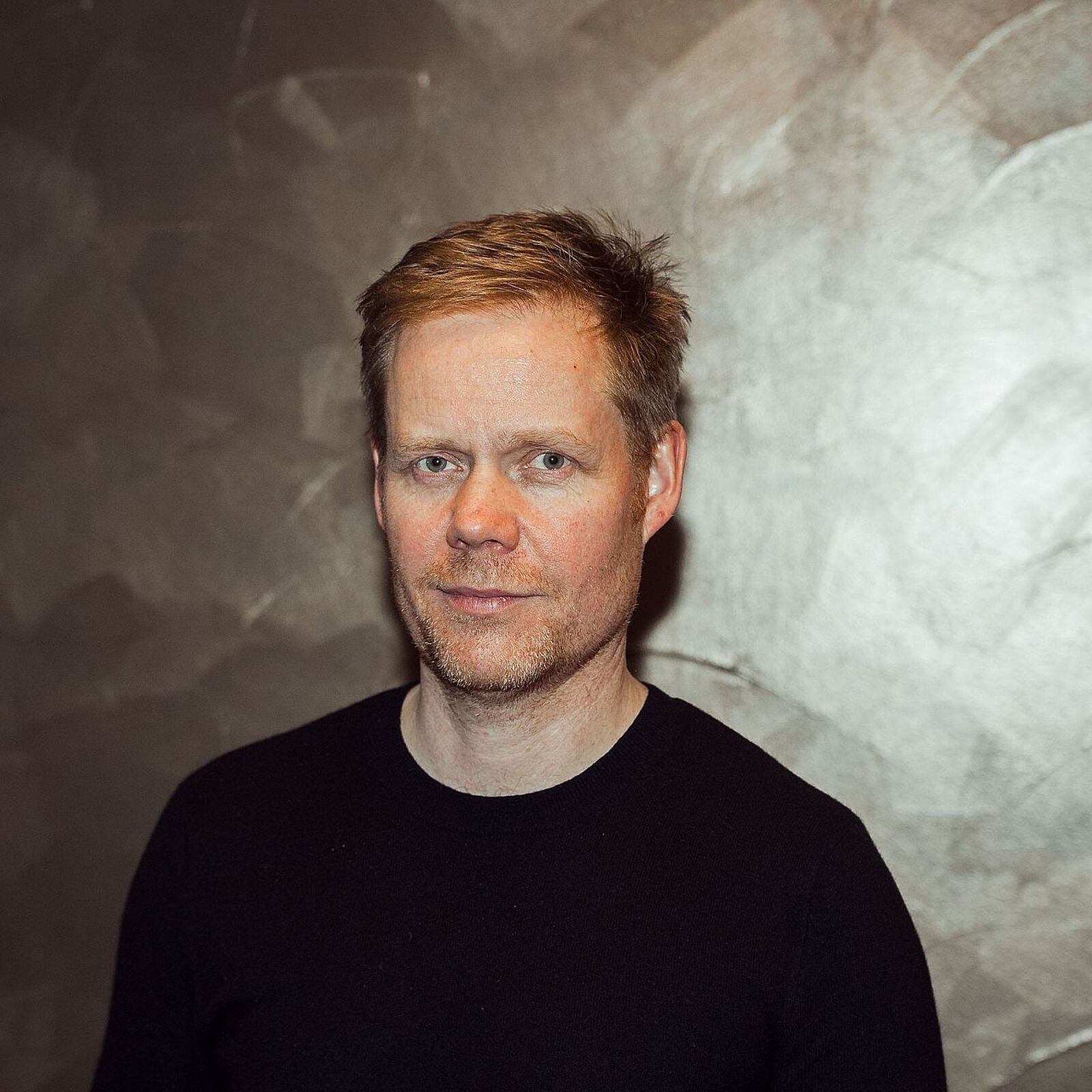Delphine Vincent (ed)
A major figure in the world of contemporary music, Max Richter has barely been studied by scholars. This collective book wishes to open new avenues of reflection on this fundamental composer of the early 21st century and to explore his personality in all its diversity. Although Richter’s music opens up traditional musical genres, the present volume addresses the principal fields in which Richter is active: solo albums, concert hall music, ballet, film and television series music and innovative projects such as Sleep. It highlights three recurring aspects in Richter’s works: history, memory and nostalgia which are to be considered key ingredients in the composer’s aesthetic. Indeed, Richter displays a close relationship with the past, which he constantly revisits in order to show the present in a new light. Both musical and textual intertextuality are at the heart of his work, which borrows extensively from the classical repertoire and from Weltliteratur. Richter’s postmodern approach explores the way in which the musical signified is constructed, the role music plays in our society, and the connection between music and the past and collective memory. The present volume is a broad exploration – which does not claim to be exhaustive – of these recurrent fundamental topics in Richter’s production. A large team of international scholars has been assembled, coming from both minimalism and film music studies, philosophy and music performance in order to offer a variety of disciplinary perspectives on Richter’s work.
